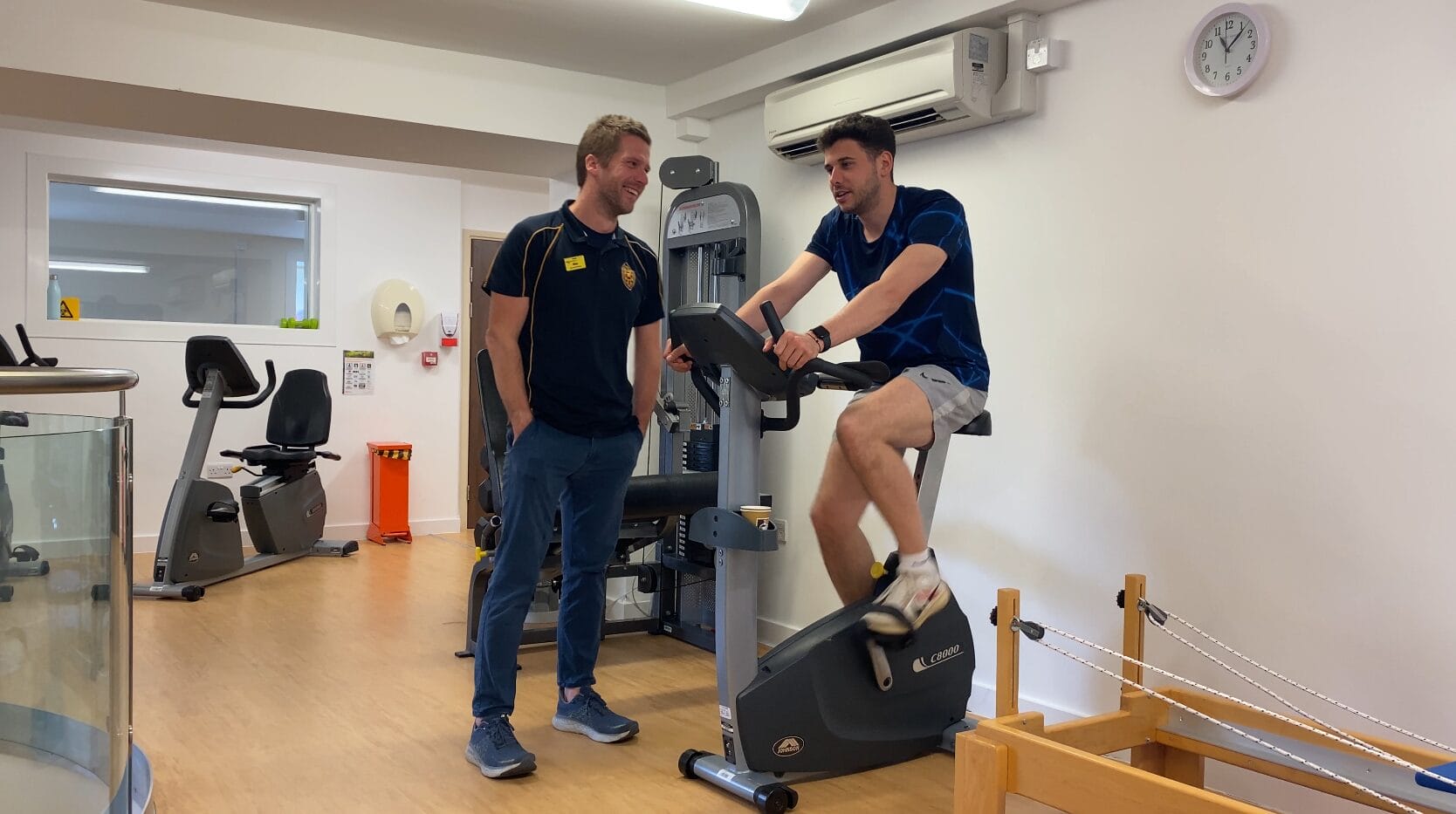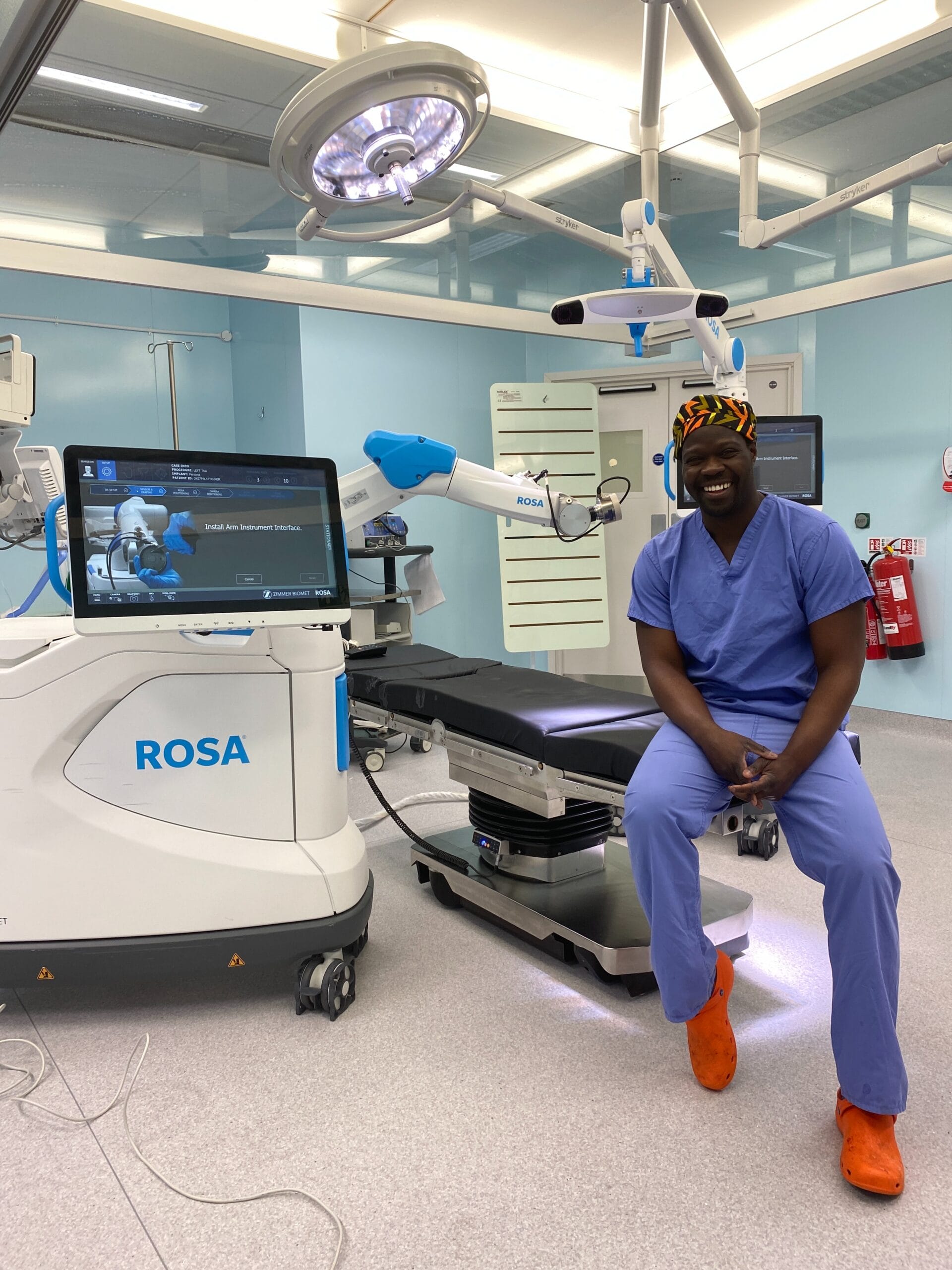We are all prone to overdoing things every now and then, whether due to age, in sport, at work or just from exertion during everyday activity. Generally, taking the necessary time to rest, stretch and use pain medication appropriately should be enough to support recovery in a few days.
However, if you find that the pain in your neck, back and shoulders has become too much, cannot be treated at home or is affecting your mobility, you should seek expert advice from your GP.
Why does your neck and back hurt?
There are many reasons why you might experience pain in the back or neck areas, which can also sometimes extend to your shoulders, arms, hands or legs. Common causes can include injury such as whiplash or sprains caused during exercise and sport, a trapped nerve causing muscle weakness or numbness, a slipped disc within your spinal cord or possibly result from arthritis as we get older.
Shoulder pain when lifting your arm
If you are experiencing a sensation of something ‘catching’ in your shoulder, that sends pain to other parts of your body, this can be a symptom of a slipped disc in the neck or related to lifestyle factors such as poor posture.
We always recommend seeing a specialist if you are unsure of the causes or treatment for your pain as, whilst often a result of lifestyle factors or simply overdoing it. Sometimes shoulder pain can be a sign of torn tendons which, if left untreated, may not be easily repairable in the future.
How to relieve neck, back and shoulder pain
Not all conditions affecting your neck, back or shoulders will require invasive treatment or surgery, and many can be treated through a programme of exercises, stretching and complementary therapies such as acupuncture.
Physiotherapy exercises can help shoulder, neck and back pain
Physiotherapy encompasses a variety of physical therapy and rehabilitation treatments to alleviate your pain and guide you through an efficient recovery period for the best possible outcome. You may be referred to physiotherapy as a direct result of your diagnosis, or as a complementary treatment to support your recovery following a recent operation. Generally, pain in the neck, back and shoulder areas will be managed by an Osteopath, who will seek to treat your condition through a variety of gentle joint manipulation, articulations and soft tissue massage, but your programme of treatment will be tailored to your individual needs and based around what is appropriate for your age, fitness and diagnosis.
Some of our physiotherapy treatments include:
- Manipulation and mobilisation of specific areas of pain or stiffness
- Sports massage and taping to stabilise muscles and bones
- Soft tissue massage
- Tailored exercise therapy
- Acupuncture
If you have been struggling with pain that is affecting your mobility and everyday life, book an appointment with one of our specialists. Our team will assess your condition to provide a diagnosis and advise on the best course of treatment for your next steps, all with the aim of helping you back onto your feet as soon as possible.
What makes Horder Healthcare unique
Horder Healthcare is committed to providing the very best quality of care for our patients and customers. We are continuously working on improving and reducing risks and this is reflected in our consistently high CQC results, patient satisfaction questionnaires and minimal levels of infection.
We are a charity
We reinvest our profit to benefit more people and help us achieve our aim of advancing health.






